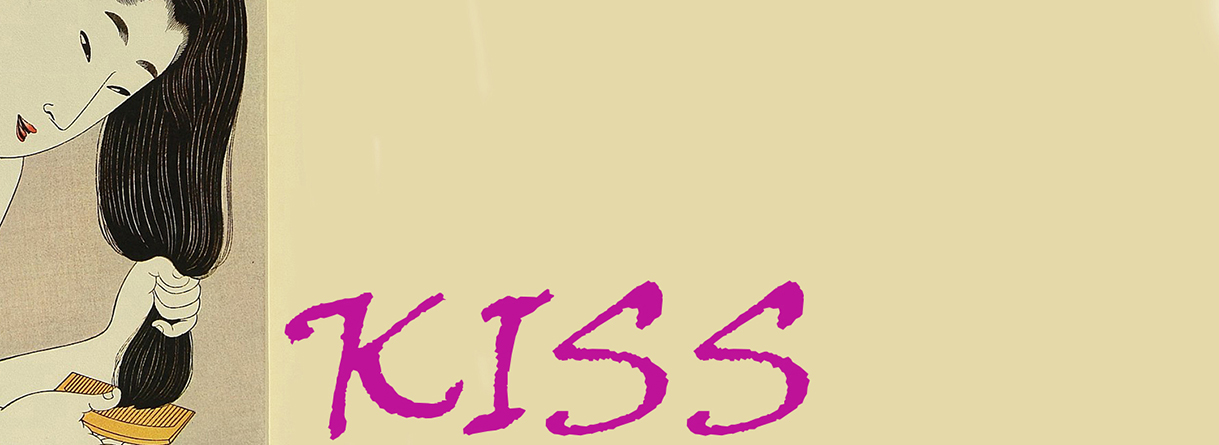BIOGRAPHY
Rachel Arons
September 24, 2013
Before Mark Strand became one of the great contemporary American poets, he trained as a painter. At Yale in the nineteen-fifties, he studied under the color theorist Josef Albers, and throughout his life he has continued making paintings, prints, and collages. In recent years, Strand, a former Poet Laureate of the United States and professor of literature, most recently at Columbia, has moved away from writing altogether to focus on art. A collection of his collages, made in Madrid and New York, is currently on display at the Lori Bookstein gallery, in Chelsea. Over e-mail, I asked Strand about collage, color theory, and the connection between his poetry and his art. (In the questions, I refer several times to an interview with Dr. Melissa Birdwell—actually, a tongue-in-cheek interview Strand conducted with himself for the catalogue that accompanied an exhibit of his collages last year in Shanghai.)
The collage pieces currently on display at Lori Bookstein are made not from found materials but from paper you made and colored yourself, at the Dieu Donné artists’ space here in New York. Can you explain a little about the paper-making process—what draws you to it and how you incorporate it into your collages?
Well, making paper is fun. Mixing pigment with pulp and adding the blend to the pulp that will eventually become a sheet of paper is wonderfully absorbing. With something called “formation aid” I use my hands to create the various swirls, swoops, drops, and dribbles that bind with the basic sheet of pulp. That basic sheet can be thick or thin, opaque or transparent, black or white or any color I wish. This is the first stage in the making of my collages. I make papers that I believe I can use or that I envision using. I am helped by [the Dieu Donné founder] Sue Gosin, who got me started making paper.
In your interview with Dr. Birdwell, “she” points out that your work has less in common with that of surrealist-collage artists like Kurt Schwitters than with the playful paintings of artists like Paul Klee or de Kooning, who, early in his career, painted simple geometric shapes. Francine Prose, who wrote the introduction to Lori Bookstein’s exhibition catalogue, observed that the torn scraps in your pieces seem to be exchanging “playful, private jokes.” Is making these collages a fun, joyful process for you?
I wanted to make collages that looked something like paintings, and that did not look like other people’s collages. I did not want mine to be literary in any way or to suggest the surreal. I started collaging as an escape from making meaning. I got tired of writing poems, of trying to make sense—verbal sense. It is a relief to make a different kind of sense—visual sense. One must think, of course, but it is an entirely different kind of thinking, one in which language does not intrude. Cutting and tearing paper and pasting the pieces down gives me an immense amount of pleasure. It is as if I were in kindergarten again.
Birdwell also points out that Josef Albers, whom you studied under at Yale, has influenced your artwork by “sensitizing you to the possibilities of color rather than your color performing in the ways that his does.” Can you explain a bit more about how Albers’s colors performed, and how your work does and doesn’t draw upon his color theory?
Albers sensitized me to the possibilities of color, how one color can influence another color, change it even, turning, say, a green into a gray or a brown into a red. I don’t do any of the things demonstrated in his invaluable book “The Interaction of Color,” but having taken his color course twice I am certainly aware of the possibilities that color offers. And then, too, there is the simple fact that some colors simply look good together when one hadn’t thought that they could; the right pictorial conditions have to be created for this to happen.
In your interview with Birdwell, you declined to comment on the relationship between your collage and your poetry, but I will venture to ask about one link between the two: the relationship between control and accident. On the one hand, you have great control over the outcome of these collages, since you made the raw materials yourself. But you’ve also said that “the chance juxtaposition of two pieces of paper” can influence the tone or character of your collages. In relation to your poetry, you’ve said that the surreal elements of your poems often come from moments in writing when “language takes over, and I follow it.” Can you say a little about the role of accident in your collage and your poetry?
Accident plays a major role in both my collage making and poetry writing. I try to combine surprise and inevitability to make something unique, but one can’t do this rationally. The unexpected, the unanticipated must be the determining factor.
You’ve stopped writing poetry in recent years to focus on making visual art. You’ve also taken breaks from writing in the past and then returned to it. Do you think you’re really done writing this time, or do you feel yourself being called back to it?
Who knows? I may return to writing, although I doubt it. Maybe more prose pieces like the ones in my recent book “Almost Invisible.” Right now, I feel like I am on vacation, and I want the vacation to continue.
Art: Courtesy of Mark Strand and Lori Bookstein Fine Art, New York
Rachel Arons is the deputy culture editor of newyorker.com.
THE NEW YORKER







+(1).jpg)



.jpg)
.jpg)



